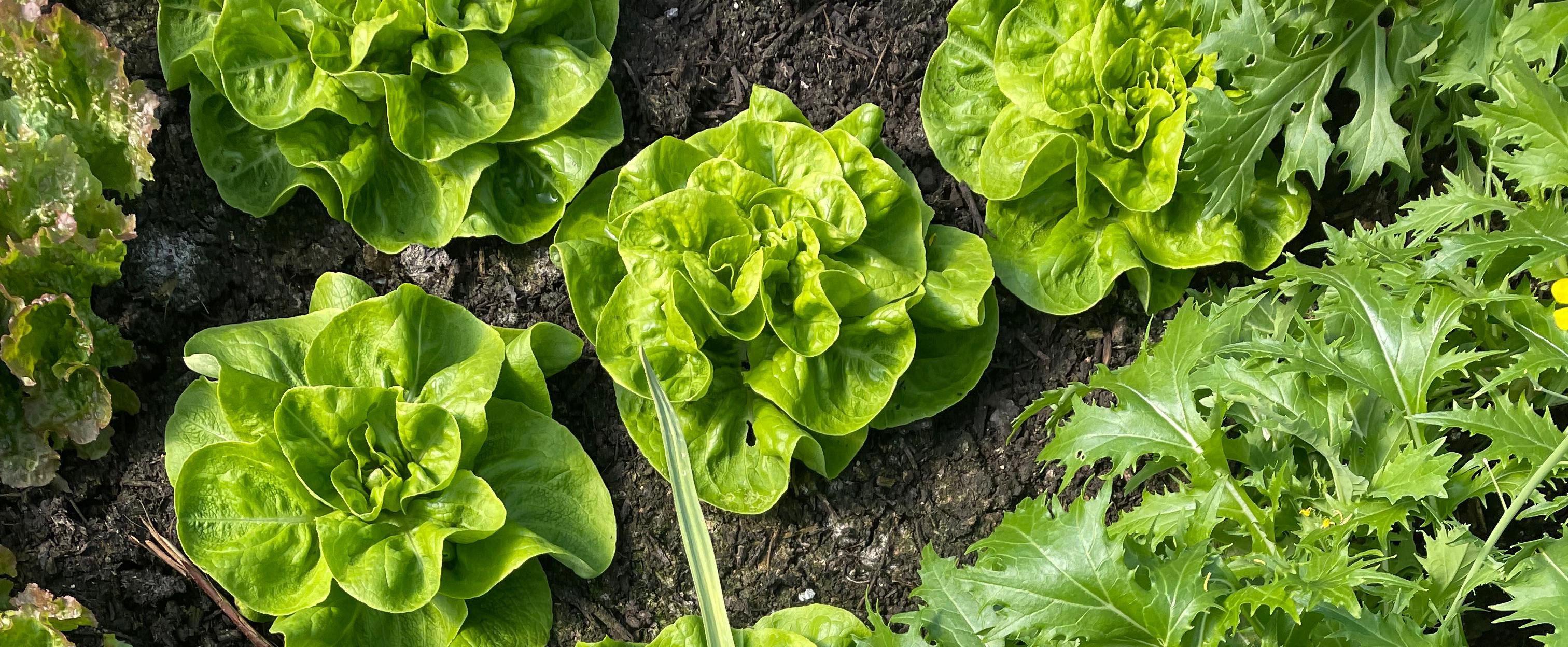Growing with Nature: the Power of Homeopathy for Crops and Plants
- Charlotte Southall
- Case Studies Farm, Soil, Crops & Pasture
At the Organic Growers Gathering, we were joined by Charlotte Southall, who delivered a fascinating presentation on the use of homeopathy for crops and plants. Her talk covered the latest Agrohomeopathy (a.k.a Agrihomeopathy) research across Europe and beyond: including a study showing improved sustainability and yield in strawberries treated with homeopathic preparations.
We’re delighted to welcome Charlotte as a new Whole Health Agriculture collaborator and look forward to sharing more of her work soon.
About Charlotte
Hi, I’m Charlotte. I originally trained as a Metallurgist and Materials Scientist, but became curious about homeopathy when my child’s chronic ear infections and deafness were resolved with a single pill.
I went on to train as a homeopath, and for 25 years have mainly worked with young children with autism. For the last 15 years, I have also been researching the use of homeopathy, biodynamics and similar preparations with vegetable crops.
Research in Practice
In drought conditions in the south of France, I developed a system that enabled me to grow prolific tomatoes and other vegetables without irrigation, in an area where temperatures often reached over 40C for a week each year.
In a UK-based project, homeopathic preparations increased the yield of vegetables substantially, and the potato yield was 200% higher compared to the control.
I am now studying for a PhD at the Centre for Agroecology, Water and Resilience at Coventry University. My research explores using homeopathy to stimulate the innate protective reactions of grapevines, with the aim of reducing copper fungicide use in viticulture.
Using homeopathic preparations for crops is exciting because they leave no residues, are non-toxic, and are very inexpensive.
I am fortunate to be trained for my PhD by Professor Pedro Boff, who leads the world in this field and has dedicated the last 25 years to training farmers and agronomists to use homeopathy in agriculture in Brazil.

A Growing Global Movement
At the recent Homeopathy Research Institute Conference, I joined WHAg’s Jackie, Karen and Leo to learn from leading researchers in Agrohomeopathy. Presentations highlighted the growing international movement, including that over 150,000 farmers in Brazil have now been trained in the use of homeopathy for plants and crops.
You can view the conference presentations here:
Homeopathy Research Institute: Filmed Presentations (free to view)
Learn More About Agrohomeopathy with our Free Downloads
Learn more about what amazing things are being achieved with Agrohomeopathy and how you can get started yourself with our guides and case studies. Free to download here:
Upskill Yourself with our Practical Agrohomeopathy Webinar
If Charlotte’s research has sparked your curiosity about homeopathy for crops and plants, we’ve got something practical for you. Our Practical Agrohomeopathy Webinar with Dr Leo Faedo, Charlotte's colleague, is designed to give farmers and growers hands-on insights into how Agrohomeopathy can be applied on real farms.
Leo shares tried-and-tested approaches, examples from UK and international projects and presents simple, cost-effective ways to use homeopathic preparations on crops and plants. It’s a great opportunity to complement the research Charlotte has been sharing, and to start experimenting safely and effectively in your own fields and gardens.